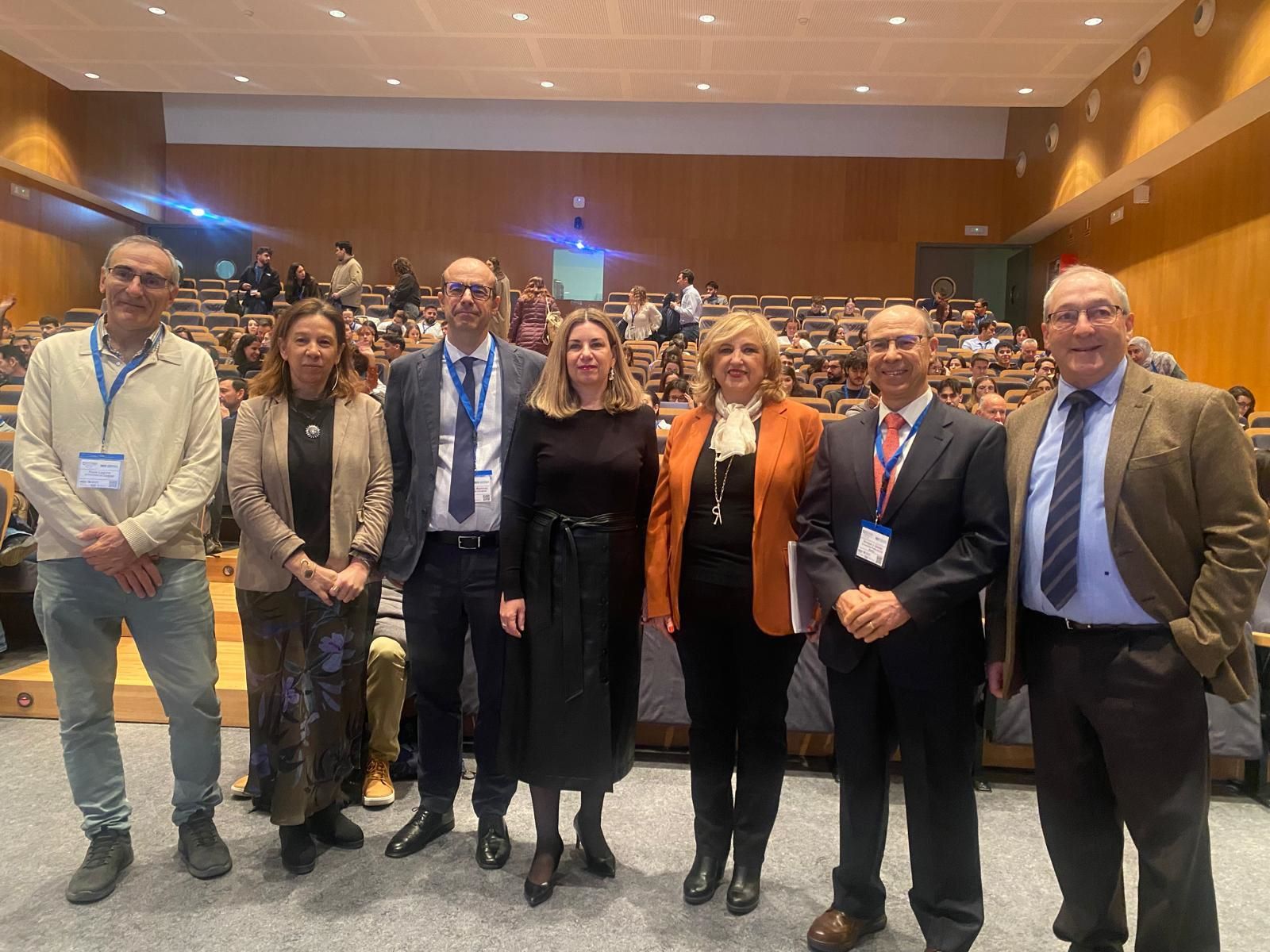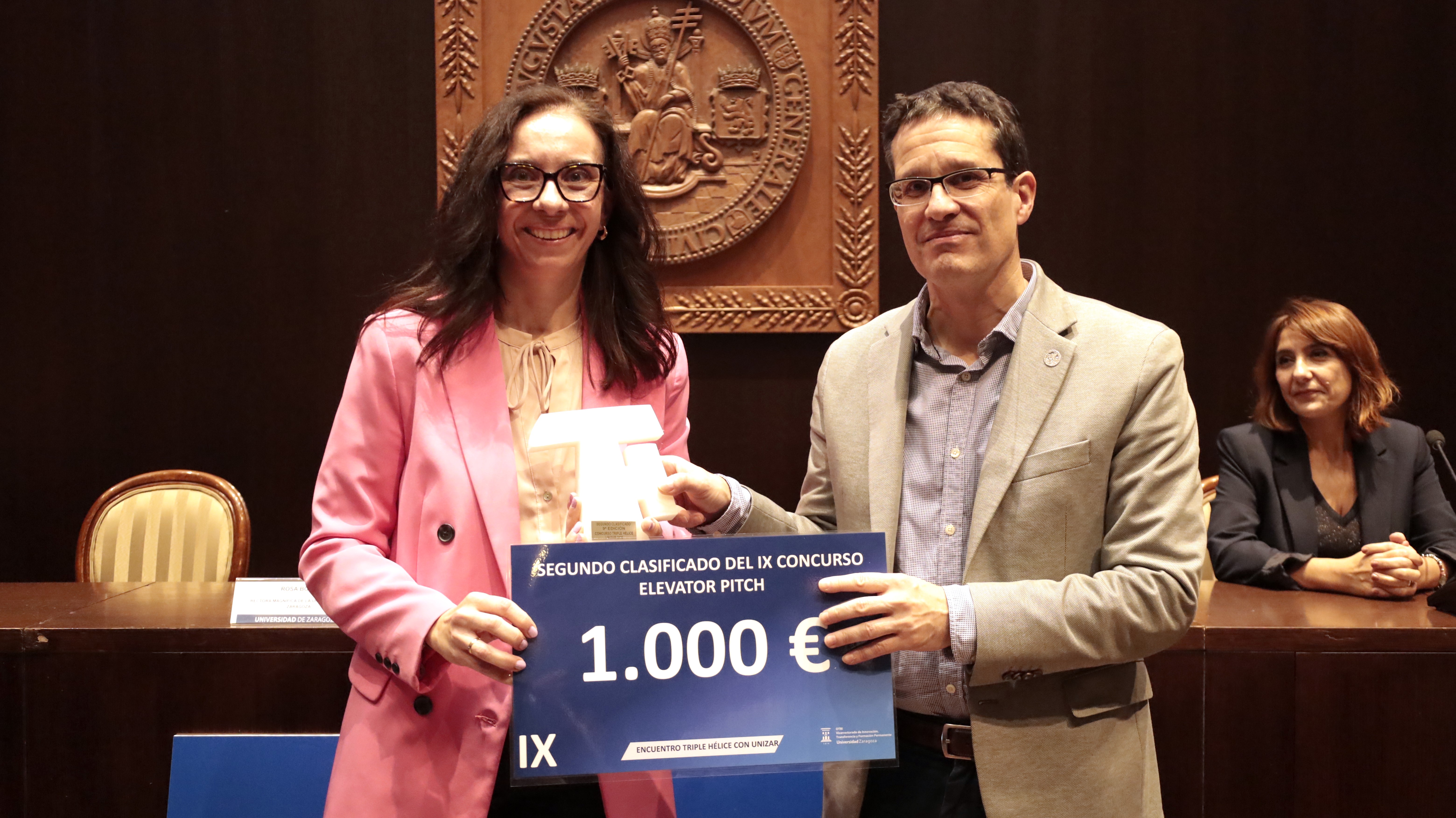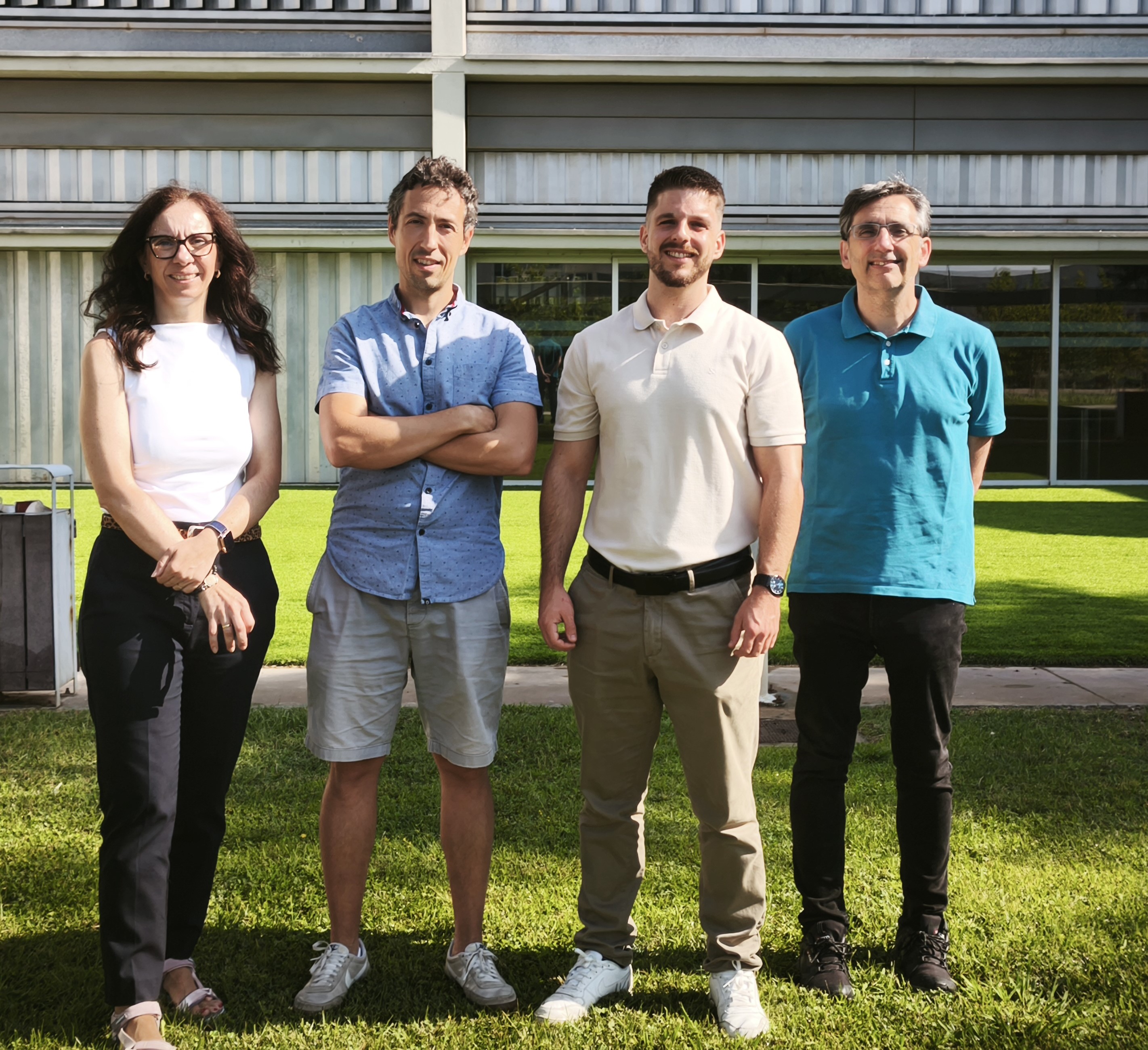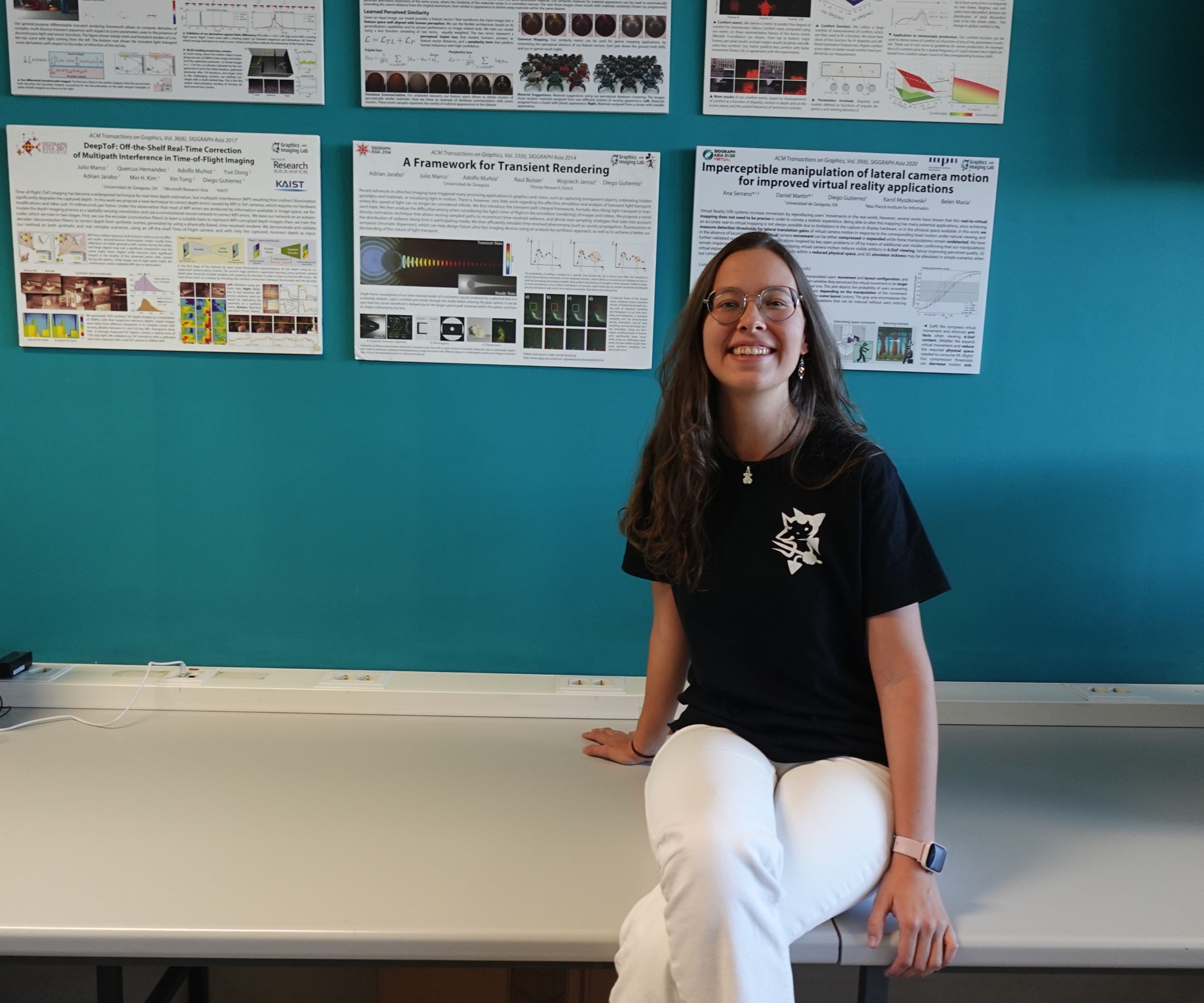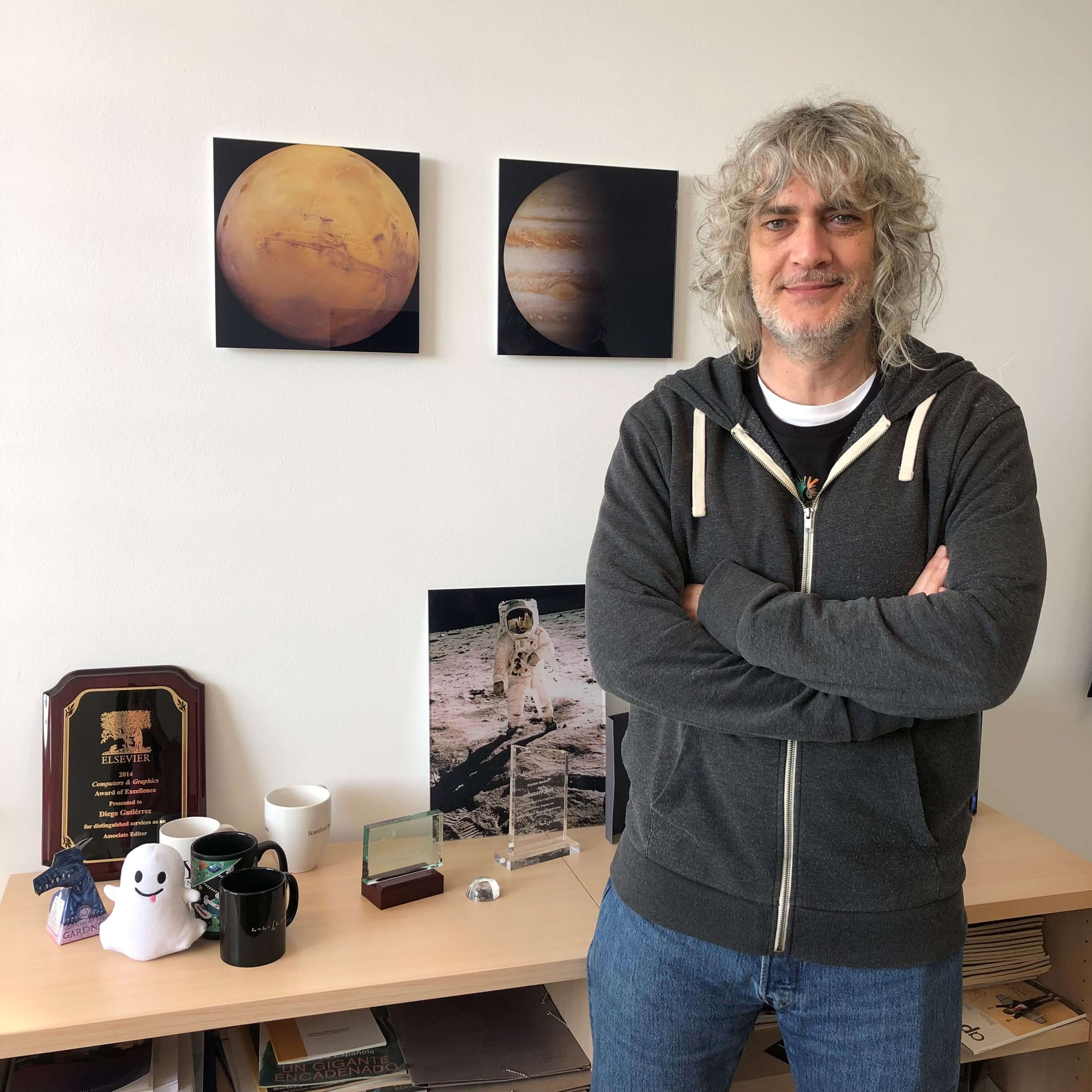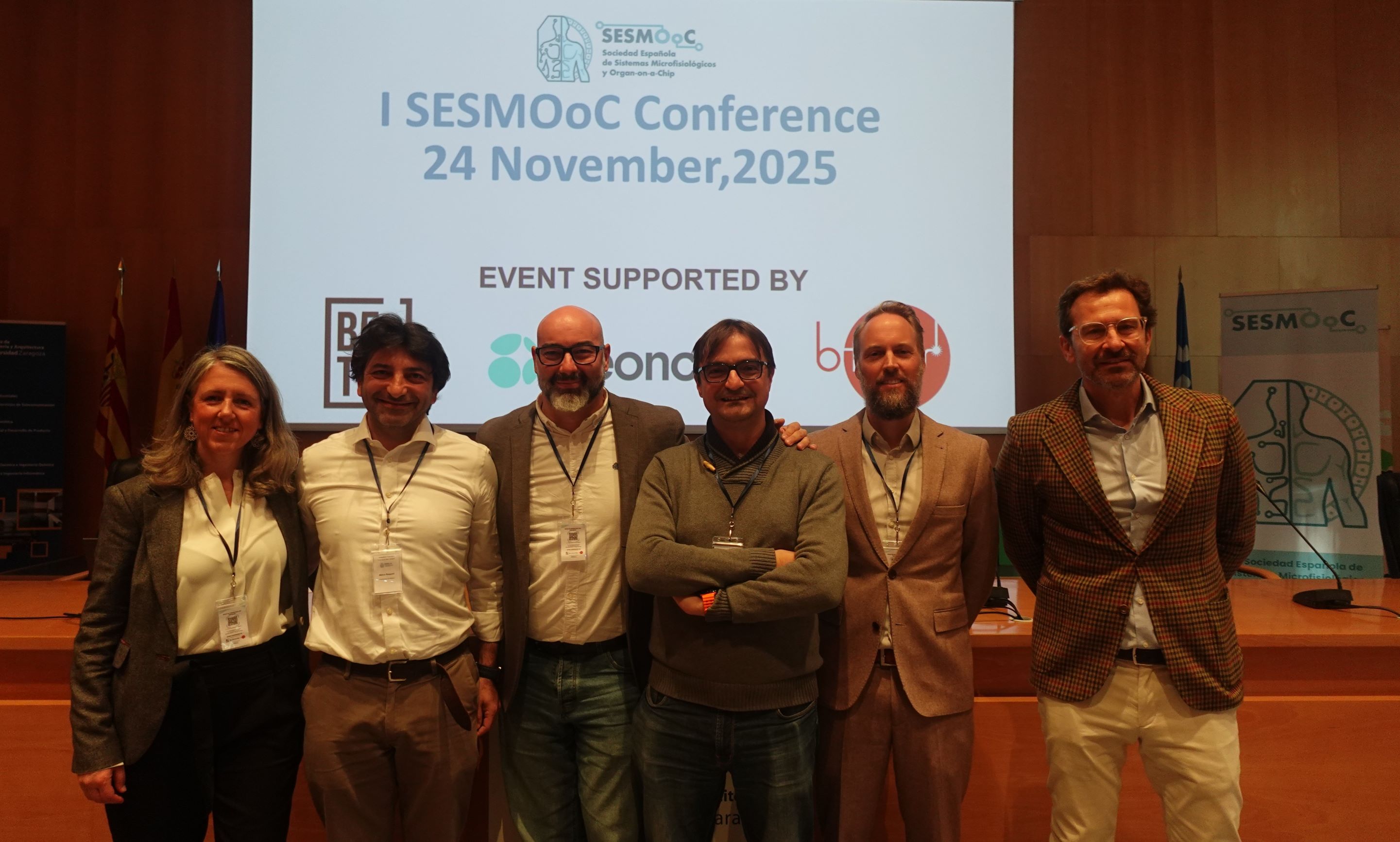
The University of Zaragoza is hosting the national launch of a new scientific society focused on the use and research of Microphysiological Systems and Organs on a Chip (SESMOoC), an organisation created with the aim of promoting the visibility, development and consolidation of Organ-on-Chip technologies -Chip technologies and microphysiological systems in our country. It is led by researchers from the University of Zaragoza, the I3A (Aragon Engineering Research Institute) and the IIS Aragón (Aragon Health Research Institute).
The president of the society is Ignacio Ochoa Garrido, principal investigator of the TME (Tissue MicroEnvironment) group at I3A and IIS Aragón and professor in the Department of Human Anatomy and Histology at the Faculty of Medicine of the University of Zaragoza.
These technologies attempt to replicate the immense complexity of human tissues in the laboratory in order to generate models that are better able to predict the efficacy or toxicity of new drugs. These models seek to reduce or replace animal models in order to conduct research that is more ethical and closer to human pathophysiology.
SESMOoC brings together leading researchers and professionals from different related scientific and technical fields (cell biology, computational simulation, biomaterials, sensors, 3D/4D printing, etc.) and acts as a common forum to promote collaboration, training, innovation and dissemination in this emerging field. Its purpose is to give the sector greater credibility, cohesion and national and international presence.
To this end, they have organised the 1st SESMOoC Conference, which is taking place today and tomorrow at the Río Ebro Campus, in the School of Engineering and Architecture (EINA), in the Betancourt building (María de Luna, 1). The presentation of the scientific society was attended by Gerardo Rodríguez Martínez, advisor to the Rector for Health Sciences, along with several members of the board of directors of the new scientific society.
This scientific meeting is dedicated to sharing recent advances in microphysiological systems and Organ-on-a-Chip technologies, and their potential impact on biomedicine, drug development, toxicology, and personalised healthcare.
Organ-on-chip technology is establishing itself as one of the most promising tools for simulating human physiology and diseases in vitro. By integrating microfluidics, biomaterials and human cells, these systems can offer more predictive, ethical and cost-effective alternatives to traditional preclinical models. Their use is expected to shorten the time and reduce the costs involved in developing new drugs.
In recent years, significant advances have been made in the design and validation of microphysiological platforms, offering new opportunities for translational research, regulatory science and industrial application. The relevance of this technology is endorsed by its approval, at an international level in countries such as the USA, for use in drug development as a replacement for traditional animal models.
This first SESMOoC Conference aims to provide a meeting point for researchers, clinicians, industry representatives and policy makers to share knowledge, foster collaboration and promote the development of this multidisciplinary field in Spain and other countries.
The following topics will be addressed over the two days:
• New designs and developments in Organs-on-Chips and Microphysiological Systems (MPS)
• Novel in vitro models of the blood-brain barrier, intestine, lung, liver, and multi-organ platforms
• Microfluidic design and biomaterials for advanced cell culture
• Validation strategies and regulatory perspectives
• Alternatives to animal experimentation
• Data integration and intelligent systems for predictive models
• Translational and industrial applications
To learn more about the Spanish Society for Microphysiological Systems and Organs on Chip (SESMOoC): https://sesmooc.com/
About the first conference / Presentation in Zaragoza: https://sesmooc.com/i-jornada-sesmooc/
